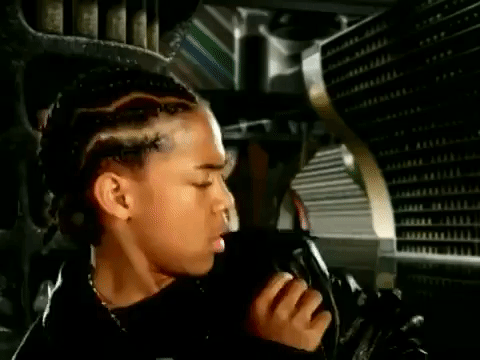Do you remember back in the day when we couldn’t wait to buy CDs and listen to hits from our favorite artists like Lil Bow Wow, Lil Romeo, Sammie and Soulja Boy? It was a great time to be a kid as we had music to match our youth. However, as times have changed, it seems like so has kids’ taste in music. The recent rise in children’s listening to more mature music has sparked many debates, with many critics blaming the artists. But should we be placing blame or figuring out why there’s a lack of representation for our youth?
For starters, one of the biggest reasons for this increase is how accessible it is to listen to music with apps like Spotify, Apple Music, and YouTube. Unlike before, when we were limited to whatever played on the radio, kids now have the option to choose their own music with just one click. They can easily discover new genres and stumble upon artists that may not be appropriate for their age.
But it’s not just about the access. The music scene, in general, is constantly evolving. Despite there being some talented younger artists, mainstream media have a tendency to push out a certain look and sound. Unfortunately, at times, that doesn’t necessarily resonate with younger audiences, so they may drift off and cling to mature musicians. Older artists may be speaking on topics that really hit home for some kids, such as mental health and social injustice. With more children becoming aware of the world around them, they may find comfort and motivation in artists who speak on real topics.
Nevertheless, parents may have lingering concerns about the explicit music their kids are interested in these days, but the main way to combat this is by censoring what they are listening to. Understandably, some parents may respect their kid’s listening style and give them that freedom of expression, but finding a balance between this is very important. It’s all about figuring out the middle ground of what is appropriate and what’s not.
The fact that kids’ taste in music is constantly changing may come off as strange as first, but is a testament of how music can bridge the gap between the older generation and the newer generation. As long as kids are finding themselves in music and parents are doing their part to ensure the tunes are appropriate, we can actually make some kind of change and finally put this ongoing debate to bed.



